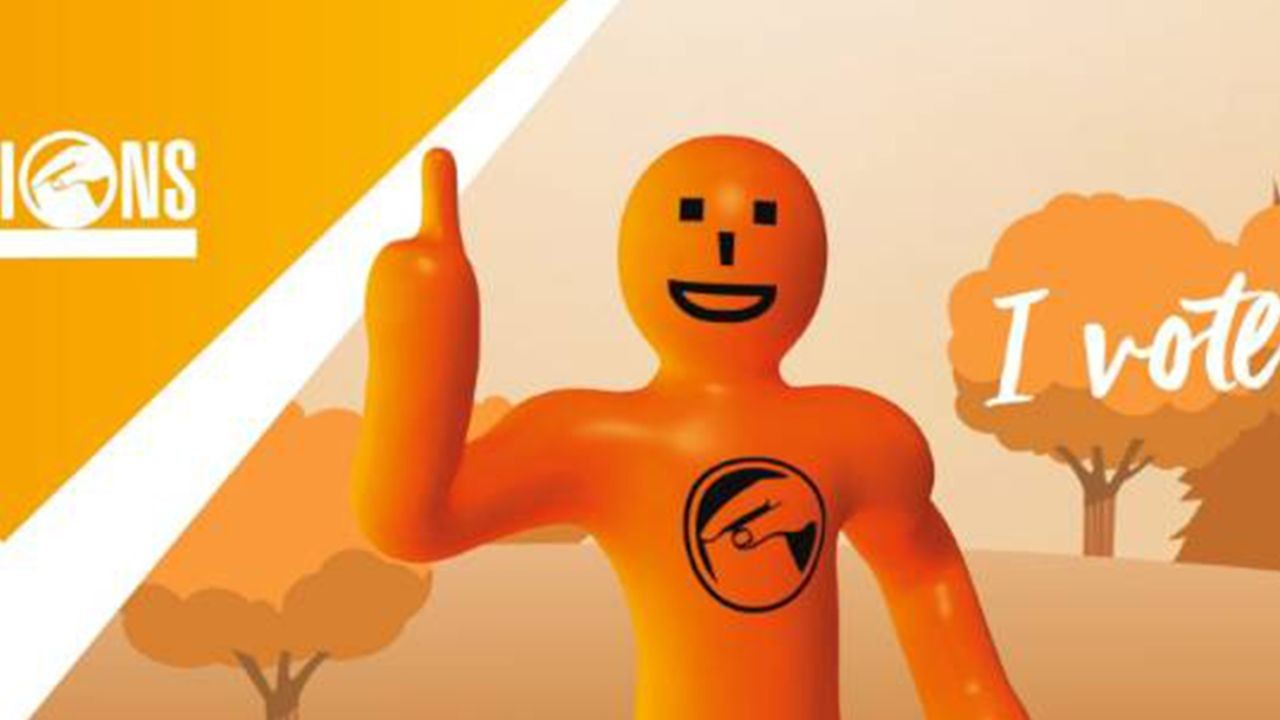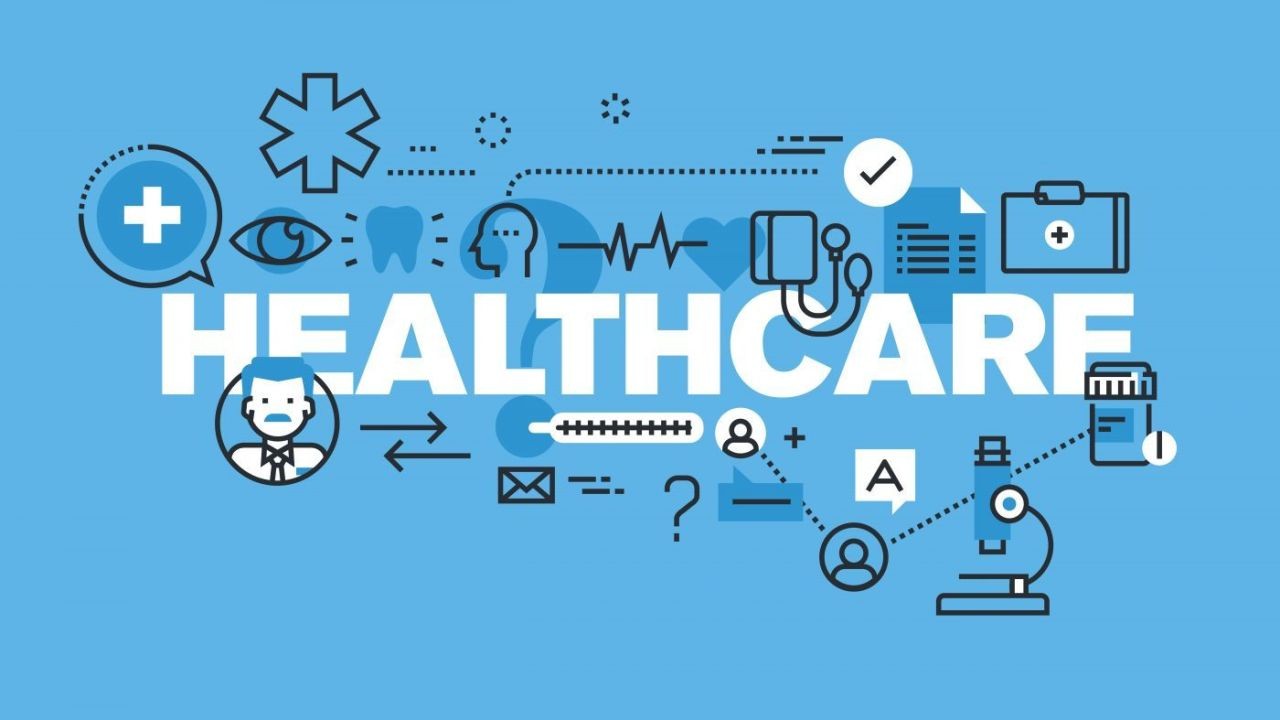New Zealand, like many other countries, grapples with the pervasive issue of drug addiction. As a local business owner, you might wonder why this societal challenge matters to you. The reality is that drug addiction impacts not just individuals but also businesses, communities, and the economy at large. According to the New Zealand Drug Foundation, the cost of drug harm to society is estimated to be over NZD 1.8 billion annually. This staggering figure underscores the importance of building a robust support system for drug addiction recovery—a system that involves businesses, healthcare professionals, and policy-makers alike.
Understanding the Current Landscape of Drug Addiction in New Zealand
The drug addiction landscape in New Zealand is complex and multifaceted. The 2022 Health Survey by Stats NZ highlights that approximately 11% of New Zealanders have used illicit drugs in the past year. The impact extends beyond health, affecting workforce productivity and increasing absenteeism, which in turn affects businesses' bottom lines. A report by the Ministry of Business, Innovation and Employment (MBIE) reveals that substance abuse contributes to a loss of approximately 1.5 million workdays annually in New Zealand.
The Role of Businesses in Supporting Drug Addiction Recovery
Businesses in New Zealand have a unique role to play in supporting their employees who might be struggling with addiction. Implementing comprehensive employee assistance programs (EAPs) can provide the necessary support. A successful case study can be seen in the approach taken by Fonterra, New Zealand’s largest dairy cooperative. They launched a mental health program that included support for substance abuse, resulting in a 28% reduction in absenteeism and a 15% increase in productivity.
Pros and Cons of Business Involvement
✅ Pros:
- Enhanced Employee Well-being: Programs that address addiction can improve overall employee health and morale.
- Increased Productivity: Supporting employees through recovery can reduce absenteeism and increase workplace productivity.
- Positive Brand Image: Companies that invest in employee health are viewed favorably by consumers, enhancing brand reputation.
❌ Cons:
- Initial Costs: Implementing comprehensive support programs can require significant upfront investment.
- Privacy Concerns: Employees might be hesitant to participate due to concerns about confidentiality and stigma.
- Resource Allocation: Smaller businesses may struggle to allocate resources effectively to support such programs.
Comparative Analysis: Global Examples and Local Application
Globally, countries like Portugal have made significant strides in addressing drug addiction by decriminalizing drug use and focusing on rehabilitation. This approach has led to a significant decrease in drug-related deaths and has improved public health outcomes. New Zealand can draw lessons from Portugal’s model by shifting focus from criminalization to health-oriented solutions. The Ministry of Health’s recent initiatives towards harm reduction indicate a move in this direction, but more needs to be done to implement comprehensive, community-wide support systems.
Industry Insights: Hidden Challenges and Opportunities
One hidden challenge in New Zealand is the lack of integration between healthcare providers and businesses. For a support system to be effective, there must be seamless coordination between mental health services, addiction specialists, and employers. This integration can be facilitated through digital platforms that allow for confidential data sharing and support tracking. An emerging trend is the use of AI-driven health platforms that provide personalized recovery plans, which could be a game-changer for New Zealand businesses looking to support their workforce effectively.
Debunking Common Myths About Drug Addiction Support Systems
- Myth: "Addiction is a personal failure." Reality: Addiction is a complex disease influenced by genetic, environmental, and psychological factors. Treating it as a health issue rather than a moral failing can lead to more effective support systems.
- Myth: "Workplace programs are ineffective." Reality: When implemented correctly, workplace programs can significantly improve outcomes. A study by the University of Auckland found that workplace interventions reduced substance abuse-related issues by 40%.
- Myth: "Only large companies can afford to implement support programs." Reality: Even small businesses can implement cost-effective measures such as flexible work arrangements and access to online counseling services.
Future Trends in Drug Addiction Support Systems
Looking ahead, the future of drug addiction support in New Zealand is likely to be shaped by technological advancements and policy reforms. AI-driven intervention programs and telehealth services are expected to become integral parts of addiction recovery. According to a forecast by Deloitte, the use of digital health platforms in New Zealand is set to grow by 35% over the next five years, offering scalable support solutions for businesses.
Final Takeaways & Next Steps
New Zealand businesses have a crucial role in building stronger support systems for drug addiction recovery. By leveraging technology, integrating healthcare services, and debunking myths, businesses can not only help their employees but also enhance their operational efficiencies and societal impact. As a local business owner, consider starting with small, actionable steps like implementing an EAP and partnering with local health services to provide comprehensive support.
What’s your take? Share your insights below!
People Also Ask (FAQ)
- How does drug addiction impact businesses in New Zealand?Drug addiction affects workforce productivity and increases absenteeism, leading to financial losses. Businesses can counteract this by implementing support programs that improve employee well-being and productivity.
- What are the best strategies for implementing support programs?Begin with an employee needs assessment, introduce flexible work arrangements, and provide access to counseling services. Partnering with local health providers can enhance program effectiveness.
- What upcoming changes in New Zealand could affect drug addiction support?With the government's focus on harm reduction, we can expect more funding for health-centered initiatives and potential policy shifts towards decriminalization, which will shape future support systems.
Related Search Queries
- New Zealand drug addiction statistics
- Employee assistance programs in NZ
- Workplace mental health initiatives
- Drug addiction recovery support systems
- Role of businesses in addiction recovery
- AI in healthcare New Zealand
- New Zealand mental health policies
- Harm reduction strategies NZ
- Digital health platforms in New Zealand
- Telehealth services for addiction recovery































